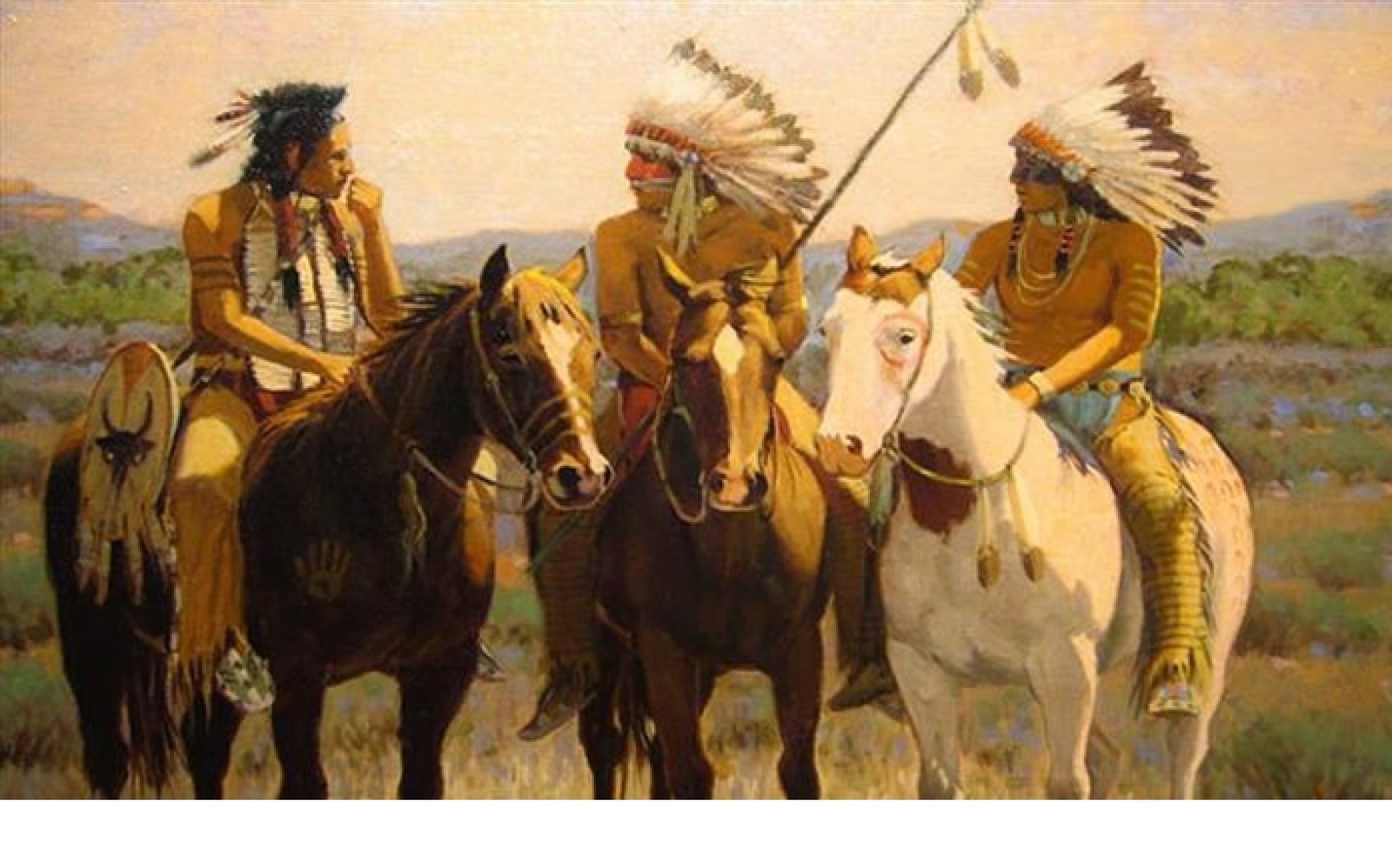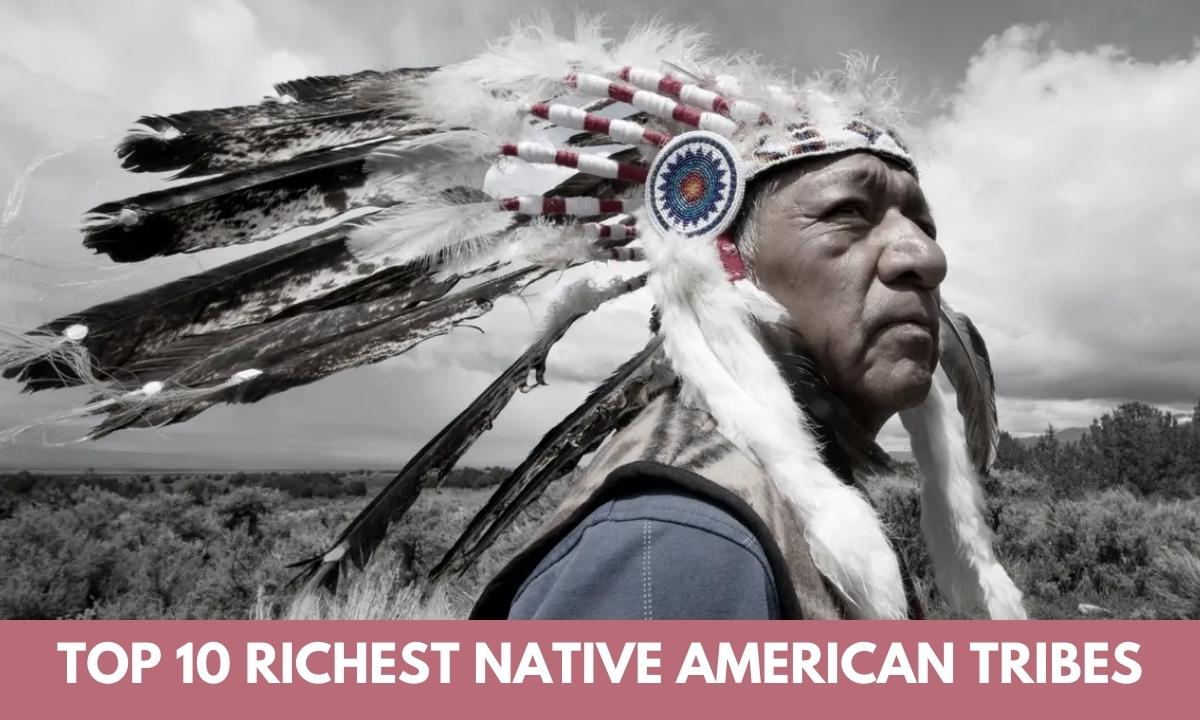Beyond the Stereotype: Exploring Wealth in Native American Communities
Beyond the Stereotype: Exploring Wealth in Native American Communities

We’ve all seen the images: stoic faces painted with intricate designs, feathered headdresses swaying in the wind, and stories of brave warriors battling for their land. But what about the other side of the coin? What about the Native Americans who’ve built empires, amassed fortunes, and carved out their own paths to success?
The narrative of Native Americans is often painted with a single brushstroke, focusing on historical trauma and struggles for survival. While these stories are vital and deserve recognition, they don’t tell the whole story. There’s a rich tapestry of achievements, entrepreneurial spirit, and financial success woven into the fabric of Native American communities that often gets overlooked.
Related Articles: Beyond the Stereotype: Exploring Wealth in Native American Communities
- Uncover Native Truths: A Map to Indigenous Heritage and Insights
- Unveiling the Largest Indian Tribe in Colorado: Discoveries and Insights Await
- Unveiling the Vibrant Tapestry of Indian Tribes in California Today
- Roll The Dice: Your Guide To The Nearest Reservation Casino
- Uncover the Rich Tapestry of Colorado's Indigenous Tribes
Breaking the Mold: Native American Wealth Beyond Casinos
The first thing that often pops into people’s minds when they think of "rich Native Americans" is casinos. It’s true that gaming has played a significant role in the economic development of many tribes, but it’s a narrow and often inaccurate lens through which to view Native American wealth.
There’s a whole world of economic activity happening within Native American communities that goes far beyond casinos. From tech startups and energy companies to agricultural enterprises and thriving tourism industries, Native Americans are carving out their own economic niches and contributing significantly to the American economy.
The Power of Tribal Sovereignty
One key factor driving this economic growth is tribal sovereignty. This legal recognition allows tribes to govern themselves and manage their own resources, including land and natural resources. This autonomy empowers tribes to develop their own economic strategies, free from external interference.
Beyond the Reservation: Native American Entrepreneurship
Native American entrepreneurs are making their mark in all sectors of the economy, from fashion and design to finance and technology. They’re using their unique cultural heritage and entrepreneurial spirit to create businesses that are both profitable and socially conscious.
Take, for example, the story of Sherrilyn Ifill, a Cherokee woman who founded the Native American Food Sovereignty Alliance. This organization works to promote sustainable food systems and fight food insecurity in Native American communities.

The Role of Education and Access to Resources
While the path to economic success isn’t always easy, Native American communities are increasingly prioritizing education and access to resources. This shift is opening doors to opportunities and empowering individuals to pursue their dreams.
Investing in the Future: Native American Wealth and Innovation
Native American communities are investing in their future through initiatives that foster economic development, promote cultural preservation, and support education.
Investing in Education:
Many tribes are prioritizing education, recognizing its crucial role in empowering future generations. This includes funding scholarships, establishing tribal colleges, and supporting STEM education programs.
Cultural Preservation:
Investing in cultural preservation is not just about preserving traditions; it’s also about building a strong economic foundation. By promoting indigenous arts, crafts, and languages, tribes are creating opportunities for economic growth and cultural tourism.
Economic Development Initiatives:
Tribes are actively seeking to diversify their economies and create new opportunities for their members. This includes investing in renewable energy projects, developing sustainable agricultural practices, and promoting eco-tourism.
The Challenges Remain
Despite these advancements, Native American communities still face significant challenges. Historical trauma, systemic racism, and limited access to resources continue to hinder economic progress.
Overcoming the Challenges:
Addressing these challenges requires a multi-pronged approach:
- Investing in Native American communities: This includes providing adequate funding for education, healthcare, and economic development programs.
- Promoting economic diversification: Encouraging entrepreneurship and supporting businesses that create jobs and opportunities.
- Addressing systemic racism: Combating discrimination and promoting equal access to opportunities.
- Supporting cultural preservation: Preserving language, traditions, and cultural knowledge as a vital component of economic and social wellbeing.
The Future is Bright: Embracing Diversity and Opportunity
The future of Native American communities is bright, fueled by a spirit of resilience, innovation, and economic empowerment. By embracing diversity, fostering opportunity, and working together to address the challenges, we can create a future where Native Americans are not only thriving but also shaping the future of our nation.
FAQ: Rich Native Americans
Q: Are all Native Americans wealthy?
A: Absolutely not! Wealth is distributed unevenly across all communities, including Native American communities. While some tribes have achieved significant economic success, many others face poverty and lack of resources.
Q: How do Native Americans make money?
A: There are many ways Native Americans make money, including:
- Gaming: Casinos are a significant source of revenue for some tribes.
- Natural resources: Tribes own and manage land and resources, including oil, gas, and timber.
- Tourism: Cultural tourism and heritage sites generate revenue for many tribes.
- Agriculture: Many tribes engage in agriculture, growing crops and raising livestock.
- Entrepreneurship: Native Americans are starting businesses in various industries, from technology to fashion.
Q: How can I support Native American economic development?
A: There are many ways to support Native American economic development:
- Shop at Native American-owned businesses: Support Native American entrepreneurs by buying their products and services.
- Visit Native American cultural sites: Support tourism in Native American communities by visiting museums, art galleries, and historical sites.
- Donate to Native American charities: Support organizations working to improve the lives of Native Americans.
- Educate yourself about Native American issues: Learn about the challenges and opportunities facing Native American communities.
The story of Native American wealth is a story of resilience, innovation, and a deep connection to culture and land. It’s a story that challenges stereotypes and celebrates the diversity and strength of Native American communities.
Closure
Thus, we hope this article has provided valuable insights into Beyond the Stereotype: Exploring Wealth in Native American Communities. We hope you find this article informative and beneficial. See you in our next article!